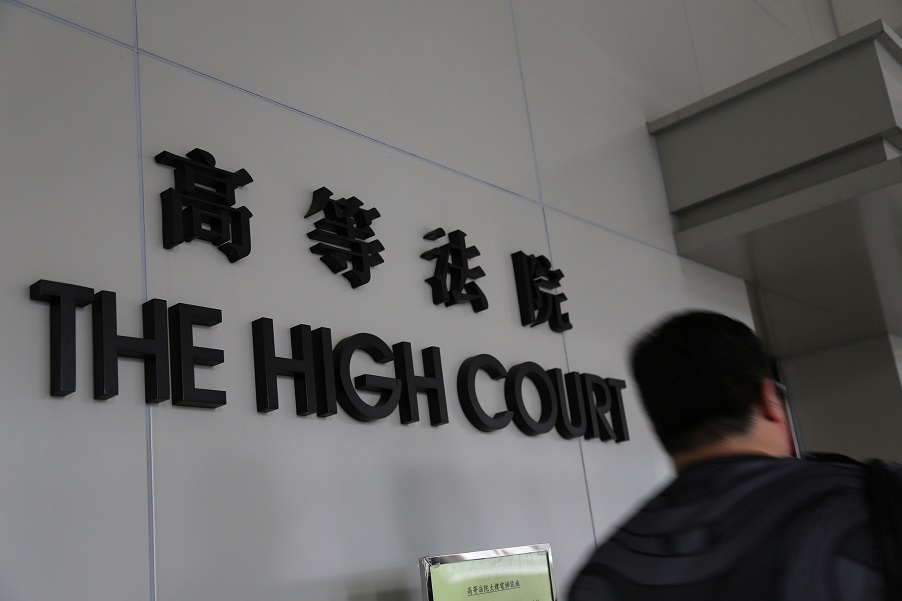Three men were jailed in Hong Kong Friday for possessing and conspiring to make explosives ahead of a contentious 2015 vote on political reform.
The trio, who were found guilty last month, were sentenced to up to three years and 10 months in prison as the judge said they had embarked on “a very dangerous path”.
They were detained at a time of heightened political tension in Hong Kong in 2015, following the failure of mass “Umbrella Movement” rallies to win democratic reform for the semi-autonomous city.
“Although no end product was produced and recovered, the ingredients and know-how were there,” judge Kevin Zervos told the court Friday, referring to the explosives plot.
The sentencing must reflect the “gravity and seriousness of the criminality disclosed,” he added.
A High Court jury had found Rizzy Pennelli, 24, guilty of one count of conspiracy to make explosives and two counts of possessing explosives.
He was sentenced to three years and 10 months Friday.
Cheng Wai-shing, 31, was found guilty of one count of conspiracy to make explosives and one count of possessing explosives, with Chan Yiu-shing, 36, guilty of one count of possessing explosives.
They were sentenced to two years 10 months, and two years two months, respectively.
Prosecutors during the trial said the group had tried to make explosives at an abandoned television studio in the northeastern district of Sai Kung.
Police had seen flashes and smoke coming out of the building and had discovered acid, hydrogen peroxide and acetone during a raid, prosecutors said.
The trio were arrested in June 2015 as legislators prepared to vote on a Beijing-backed reform bill on how the city should choose its next leader.
The legislation, which stipulated that candidates must be vetted by a committee loyal to Beijing, was eventually voted down by pro-democracy lawmakers.
The court heard during the trial how the defendants had joined an anti-government group which had discussed causing “chaos” around the legislative vote.
Local media previously reported that the group advocated independence for Hong Kong.
Calls for self-determination or even a full split from China grew out of the Umbrella Movement’s failure to win concessions through largely peaceful protests.
Zervos said in sentencing that he could find no reason for the defendants to possess explosive substances “other than for some untoward purpose”




